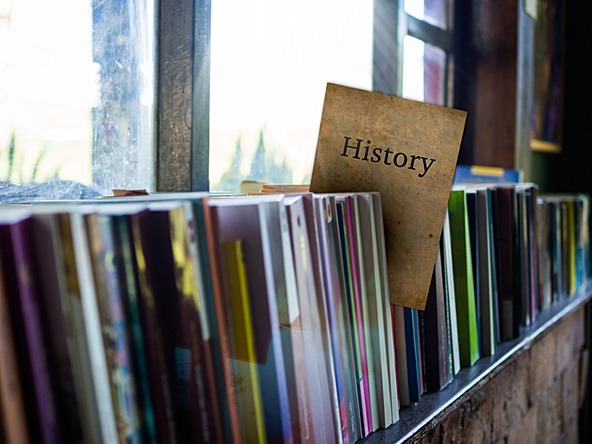The learning curve

I shall always be grateful to the careers advisor at university who happened to ask, “Have you thought about market research?” I was studying maths and up until that point I’d only ever been advised to teach, or go into accountancy or auditing. My response to him at the time, I’m very sorry to admit, was “What’s that?”. But from that point onwards I never looked back.
And what a wonderful industry I joined. It seemed that there were new ideas and things to learn and develop every day, from telephone research and mass B2B sampling to data-processing systems and international studies. There were also clever, entrepreneurial and interesting people from whom I was able to learn a lot about the importance of the insight profession.
I started off as an assistant statistician, working on agriculture and healthcare projects and the effect of aircraft noise on people living around Heathrow. I helped to develop sampling techniques for international mass business telephone interviewing and got involved with the development of data-processing systems, which were very basic at the time. I then focused on B2B, international and market measurement, heading up a business and financial division at National Opinion Polls (NOP).
I later became chief executive of the company and continued the role when GfK acquired NOP in 2005. We had a large social research division there, so I got to understand the importance of social research – not only in its own right – but also how it drove high standards of research generally, which I very much valued.
After ten years as CEO, I handed over the reins to someone else. I was lucky enough to spend a further eight years working with the GfK Verein Foundation on a project to develop market research education in Africa. We set up postgraduate degrees in Kenya, Nigeria, Ghana and South Africa.
I’m currently chair of contents for the Archive of Market and Social Research (AMSR), which is collating research from the 70 years of the research industry’s existence in the UK. We have talked to modern British historians and found that they are interested in post-war British culture, consumerism, changing gender roles, youth, politics, attitudes – in short, all the things we have collected. We’ve subsequently had great fun helping them with their teaching materials, PhD theses and coursework.
Reports from the 1970s and 1980s, on changing eating habits for instance, monitor the decline of the great British breakfast and the move away from fixed mealtimes and ‘set’ tables to more of a ‘running buffet’ style of family eating. Research on the continental quilt in 1978 highlights how some women were able to save time on housework, although many were not able to justify the expense because they identified as housewives and it was felt, therefore, that doing housework was their responsibility.
Changing attitudes to immigration and race relations can be tracked from opinion polls; all of which are invaluable to modern social historians, particularly as they are scientific studies. They demonstrate not only what real people thought at the time, but also the attitudes of businesses to their customers.
We’re now looking at what we could do for schools, starting with the A-level history curriculum. There are options for studying modern British history and we can help with coursework on questions such as ‘How far did Britain become a ‘permissive society’ in the 1960s?’ or ‘Assess the reasons for Margaret Thatcher’s downfall in 1990’. Surveys on subjects like the Abortion Act, attitudes to capital punishment, corporal punishment of children, obscenity on the radio and TV are all readily available.
Reflecting on my career, I appreciate the irony of having gone into research to avoid teaching, when I actually ended up focusing very much on education. I think my main driving force is making a difference and research is very much about that: finding the evidence to show how to make a difference. But then I’ve also learned that it’s only through people it’s possible to make that happen. If you can help them understand what is happening and how to improve things, you empower them and that’s when things change.
I’ve had a thoroughly enjoyable and satisfying career in research. In the first part, I saw the difference that good information, based on talking to real people, can make in all sorts of social and commercial areas. And now I try to educate people to do more research, especially to advance the development agenda. For instance, aid money could be so much better spent than it is, if more research were done. My concepts are reinforced when I see the value of historical research as a way of understanding the reality of society at the time.
Overall, I’ve learnt two very simple things: probably foremost is the importance of the role that good people play in every part of life, especially if they are well trained and armed with good evidence. And second is the importance of good research-based information to improve decision making at the time, as well as to describe accurately the prevailing social conditions.
As a trustee of NatCen, I see first-hand that not only are researchers facilitating better decision making, but we are also very much involved in making history.

We hope you enjoyed this article.
Research Live is published by MRS.
The Market Research Society (MRS) exists to promote and protect the research sector, showcasing how research delivers impact for businesses and government.
Members of MRS enjoy many benefits including tailoured policy guidance, discounts on training and conferences, and access to member-only content.
For example, there's an archive of winning case studies from over a decade of MRS Awards.
Find out more about the benefits of joining MRS here.











0 Comments